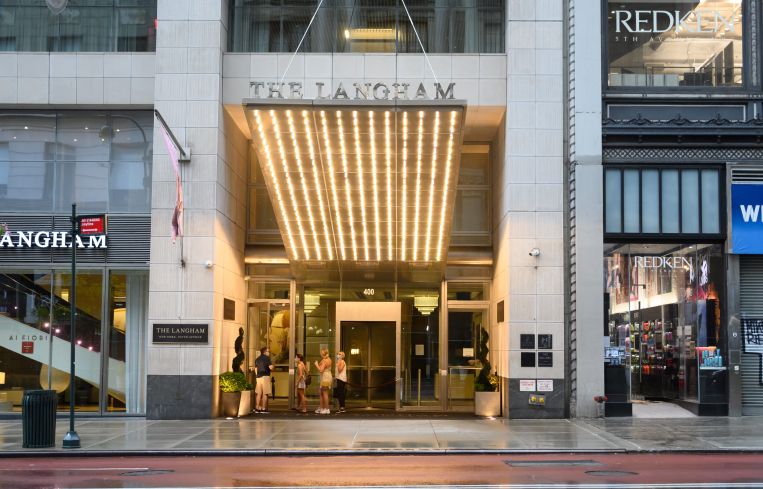New York’s Controversial Citywide Hotel Permit Enters Public Review
By Rebecca Baird-Remba May 3, 2021 8:03 pm
reprints
The City Planning Commission kicked off public review Monday for the controversial citywide hotel special permit, which would require developers to undergo a two-year-long process in order to build a new hotel in New York City.
Several commissioners raised concerns about the proposal, which is expected to create a shortfall of 30,000 to 60,000 hotel rooms by 2035, according to the Department of City Planning’s analysis. That could cost the city $350 million in lost taxes by 2025 and as much as $7 billion by 2035, The New York Times reported.
CPC Commissioner Alfred Cerullo, for example, asked why the proposal was being considered, while the city was still recovering from the pandemic that decimated the hospitality industry and shuttered 150 hotels citywide.
“It’s not clear why we’re dealing with the proposal at all at this time,” Cerullo said. “Is the administration’s position that this has to happen now, when we’re still in the middle of the pandemic and begging people to come back to our city, rather than after some recovery?” He added that perhaps the city could reconsider the zoning text amendment in 2025, after the tourism and hospitality industries have recovered in the city.
Other members of the commission wondered why hotels were getting special treatment in the zoning code. Citywide special permit requirements are rare, and apply only to unusual categories of development, like public parking garages with 150 spaces or more, stadiums and large pieces of infrastructure, DCP officials noted during the hearing.
“Why is it appropriate to apply this level of scrutiny that you’re proposing to this particular use?” asked CPC Commissioner Larisa Ortiz.
“They’re commercial and they’re residential,” replied Howard Slatkin, a deputy executive director at DCP. “But they’re not entirely commercial and not entirely residential. They are unusual in their land use characteristics, thus, they are different from some of the contexts in which they might commonly locate. That’s why this proposal is to apply a different level of review to hotels than we might see fit to apply to other types of uses.”
Ortiz also wondered whether fewer hotel rooms would juice the illegal short-term rental economy that operates on Airbnb and similar vacation-rental platforms.
“Does this make Airbnb and temporary lodging more attractive?” she asked. “Which, in turn, affects housing affordability and has a negative impact on the housing market. I wonder about the extent to which that affects everyday New Yorkers.”
She noted that fewer rooms will translate to higher room rates, which means that travelers may look for cheaper accommodations either in the city or across the river in New Jersey.
“We’re replacing one set of problems with another,” said Ortiz. “Why would we want visitors to go to another jurisdiction? We want those people here.”
The proposed citywide text amendment will now go to every community board in the city for approval, followed by borough boards, borough presidents and the New York City Council. The public review process is expected to take six to seven months.



